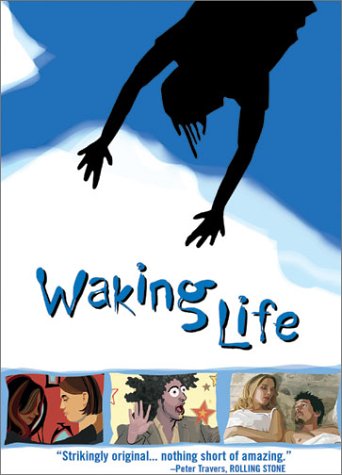- Joined
- Apr 7, 2008
- Messages
- 7,681
- NNID
- OctagonalWalnut
- 3DS FC
- 0619-4291-4974
It's an inclination which is perfectly explainable. People want order. People fear the unknown. So they want to believe in a god which will judge them, which will punish those who are bad, which will reward them for being good. Then they want to believe in an afterlife because it's almost impossible to even comprehend (even for myself, believing in simply nothing after death) dying and the world going on without you being conscious at all. The mere thought of it used to scare the living crap out of me.Now that doesn't prove that God or the afterlife exists, but going against those beliefs requires you to assume that all of humanity is under a massive dellusion. Being skeptical of beliefs which we are naturally inclined and designed to have requires you assume that we can't trust natural inclination.
People tend to exclude people who are different because, once again, I'm pretty sure they're afraid of what they don't know and don't understand. You're naturally inclined to exclude people who are different, but that doesn't mean it's acceptable and anyone who tries to be different should be frowned upon.
None of this mean people are delusional, it just means they believe in things which give them comfort. Personally, nothing after death makes logical sense to me and gives me comfort.
I'm not saying anyone's right or wrong, as there really isn't much proof either way, but it's not as if you have to declare the entire population of earth delusional to believe differently from them and, quite honestly, I kind of resent that implication.
It's like you're trying to say that people who don't believe in an afterlife are wrong because most people believe in one, which is one of the silliest arguments I've heard in any debate.

